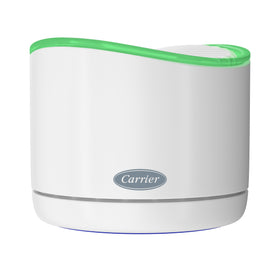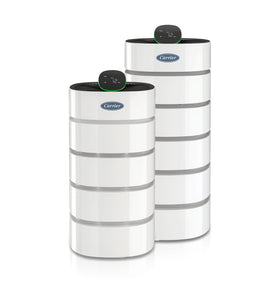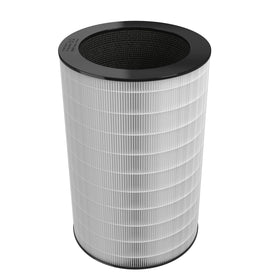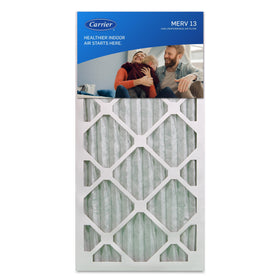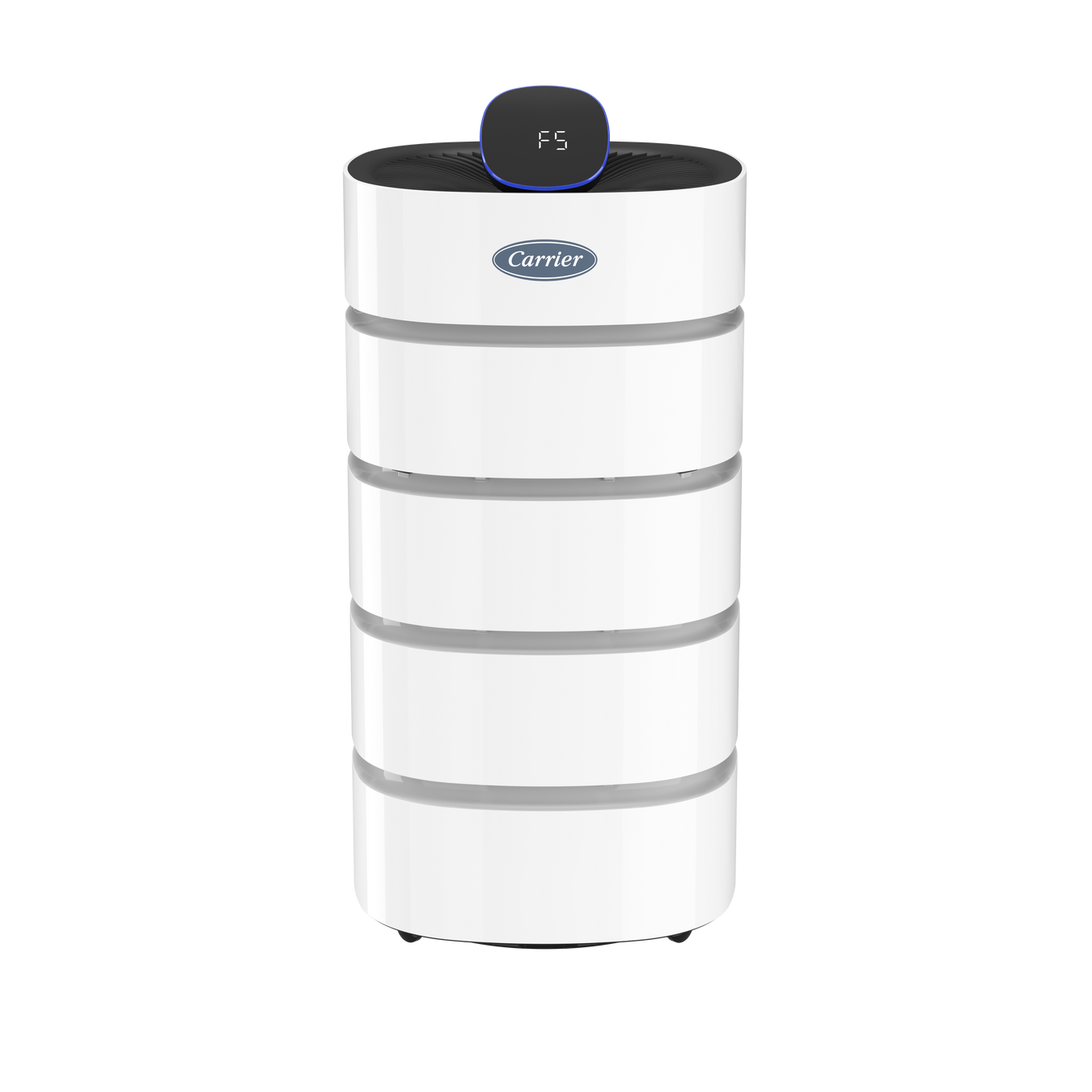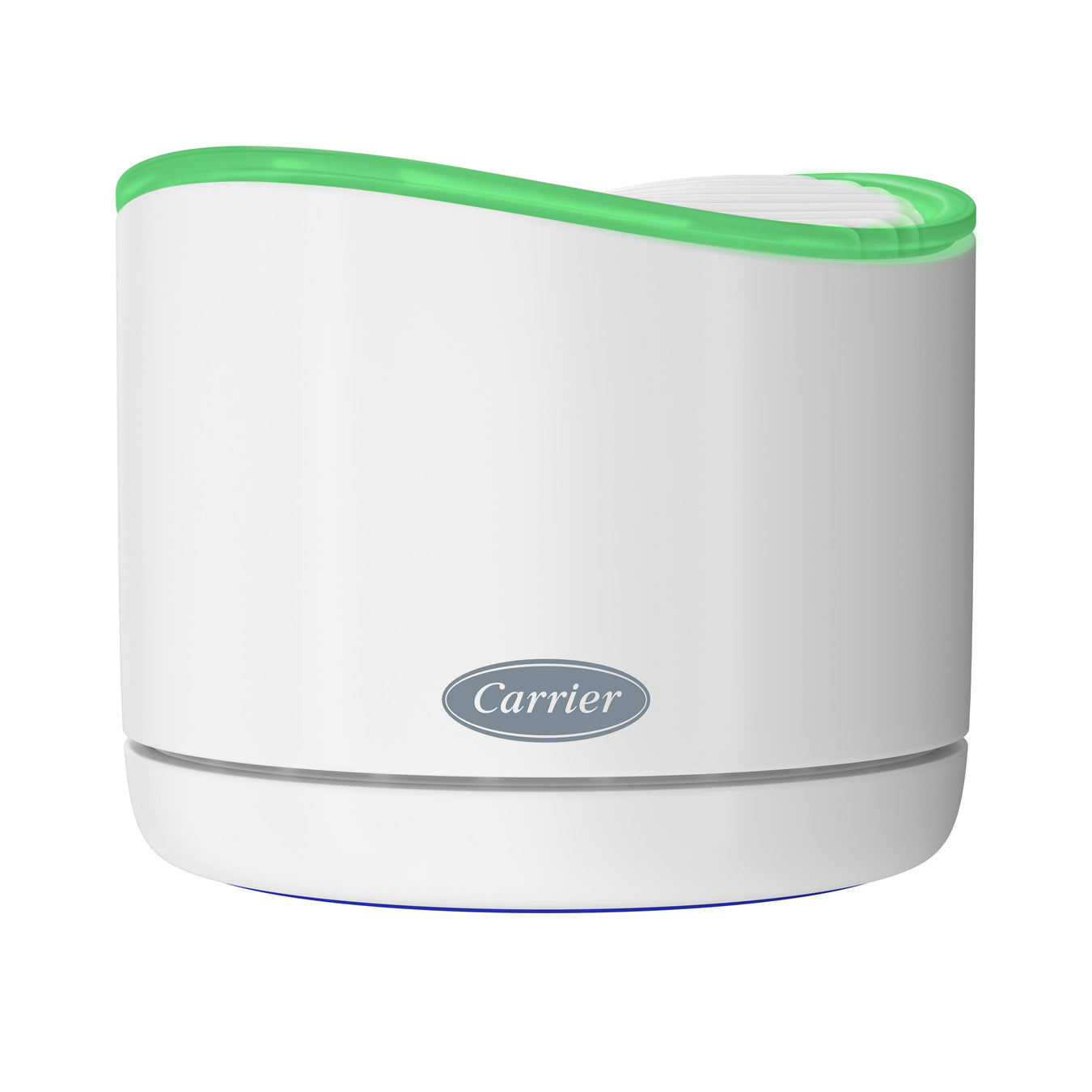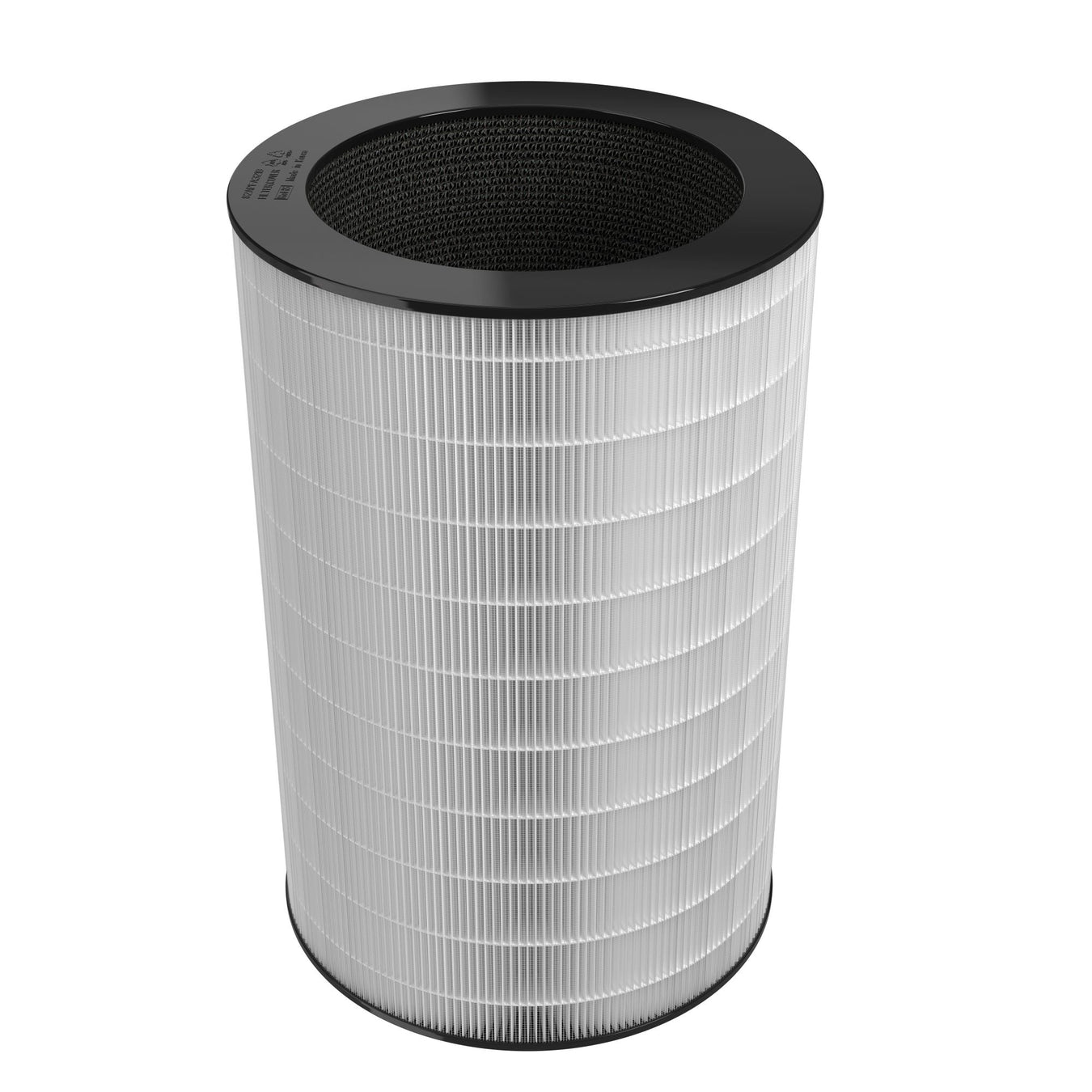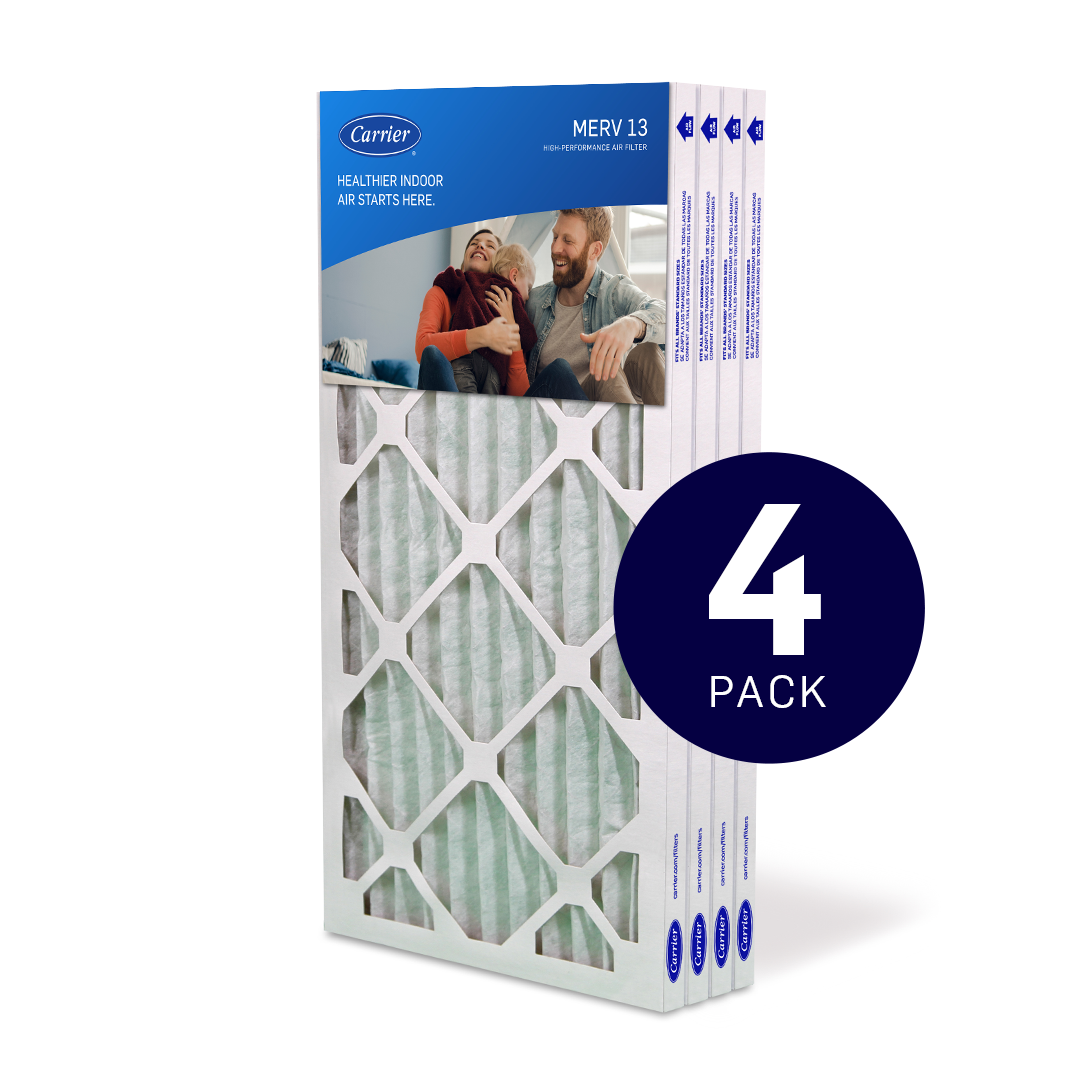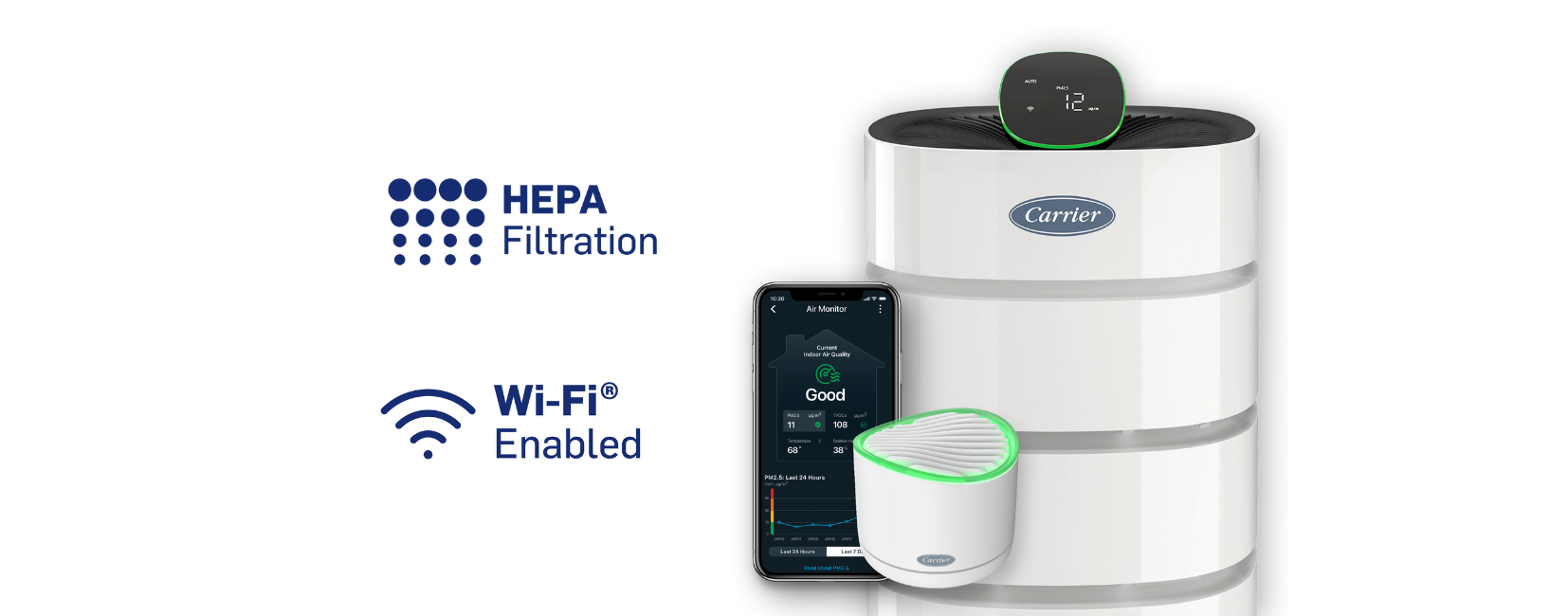
What Does An Air Purifier Do?
What does an air purifier do? Quite a bit, actually. Air purifiers are critical tools because now more than ever, people are spending more of their time indoors, with factors such as working from home as well as the increasing convenience of home delivery services for goods and groceries. The world has changed, and our behaviors have changed with it. In fact, according to the Environmental Protection Agency, people spend approximately 90 percent of their time indoors, where the concentrations of some pollutants are up to 5 times higher than outdoor.1
It’s an amazing statistic when you think about it. Despite having so many natural wonders to explore, we still spend most of our time inside four walls, only venturing out on weekends or during vacation time — and even during those occasions, we still spend most of our time inside. All of which is to say that the quality of the indoor air we breathe is vitally important. It should be pure, clean, refreshing and odor-free whenever possible. But how can we accomplish that if our inside air is so polluted with everything from dust and pet dander to pollen, volatile organic compounds (VOCs) and other irritants?

Enter air purifiers. These devices help filter pollutants from the air within our homes, keeping our indoor air quality cleaner and healthier. In the sections below, we’ll discuss how they work and which types of air purifiers work well to filter particles from the air in your home. We’ll help guide you through the process of buying an air filter that works best with your air purifier so that your indoor air remains healthier. After all, if you’re indoors as much as the EPA suggests, it’s important to serve up clean air for you, your family members and even the pets in your household.
Below, we’ll answer the question, “do air purifiers work?,” providing specific details on how they accomplish so much while taking up such little space in your home.
What Is an Air Purifier?
Let’s touch on all the basics first. What is an air purifier? An air purifier is an air cleaner that draws in dirty air, traps pollutants in its filter and returns the cleaner air back into your room. This cycle will repeat itself as long as the unit is running. Air purifiers work in the background by filtering airborne particles, helping reduce pollutants circulating in the air within your home, which we’ll discuss in detail below.
Of course, there are air purifiers and then there are Carrier air purifiers. The air purifiers designed by Carrier use a three-level filtration system. In the next section, we will tell you about the pros and cons of the different types of air purifiers on the market. Importantly, we’ll tell you about a couple of types of air purifiers that you should consider avoiding.
Carrier’s Three-Level Filtration System
Carrier smart air purifiers have air filters that include a three-level filtration system. The pre-filter traps large airborne particles like dirt, dust, and pet dander. Then, the second part of the filtration system is a HEPA filter that captures 99.97% of particles sized 0.3 microns. Finally, using carbon filtering technology, the final level of filtration includes an activated carbon filter that reduces odors and VOCs from your room’s air.
Having a high-quality air purifier is important because studies have shown that using an air purifier in your home can help improve “at least one measure or marker of improved health outcome.”2 A few examples of those health outcomes or markers “include allergy and asthma symptoms and several markers of cardiovascular effects … associated with exposure to [particulate matter].”3

Shop all Carrier air purifiers.
Ozone Generators
Ozone generators have been around for quite some time; however, they are not recommended for residential use. An ozone generator emits ozone as a byproduct, which can be harmful to people. Additionally, ozone purifiers lack scientific basis for their claims and are ineffective in controlling indoor air pollution, a fact that is backed up by the United States Environmental Protection Agency (EPA).4
Air Purifiers With HEPA Filters
High Efficiency Particulate Air filters, better known as HEPA filters, work to capture 99.97% of particles sized 0.3 microns, serving up impressive capabilities in such a small package. The Centers for Disease Control and Prevention (CDC) recommends using an air purifier with a HEPA filter.5
Ultraviolet Light Air Purifiers
Another development in air purification systems comes in the form of the ultraviolet light air purifier. Using UV light, these purifiers claim to kill certain microorganisms from the air passing through the purifier. However, if the air is not exposed to its light for a long enough period of time, a UV light air purifier may not clean the air as intended.
What Does an Air Purifier Do for Allergies?
If you’re wondering, “What does an air purifier do for allergies,” you’re in luck. We’ll explain that in more detail. However, first it’s important to understand that air purifiers don’t directly treat allergies, but they can help filter allergens that are known to cause allergy symptoms. It’s also important to understand that an air purifier isn’t a silver bullet but can go a long way to improve your indoor air quality along a multi-pronged approach that includes 6
While not a cure-all, some of the basic benefits an air purifier provides includes reducing pollutants such as dust, pet dander, and pollen. More importantly, a high-quality air purifier can help trap those particles in the fine inhalable particles range, which pose the greatest risk to health and are generally 2.5 microns or smaller (PM 2.5).7
With more than 50 million people suffering from the effects of allergies each year (that’s just the United States alone) and allergies serving as the sixth-leading cause of chronic illness, allergies lead to an increase in emergency room visits and a decrease in productivity at work.8 Needless to say, anything that may help reduce allergens that are known to cause allergy symptoms is welcome news for the millions of allergy suffers, and air purifiers can help to do just that.
Ready to buy an air purifier? To learn more about Carrier’s line of air purifiers — including smart purifiers that deliver notifications to your smartphone, check out our products.
You may also like: What is a cadr rating? Or how to improve indoor air quality in your home office? or air purifier for smoke.
1. https://www.epa.gov/report-environment/indoor-air-quality
2. https://www.epa.gov/sites/default/files/2018-07/documents/residential_air_cleaners_-_a_technical_summary_3rd_edition.pdf
3. https://www.epa.gov/sites/default/files/2018-07/documents/residential_air_cleaners_-_a_technical_summary_3rd_edition.pdf
4. https://www.epa.gov/indoor-air-quality-iaq/ozone-generators-are-sold-air-cleaners
5. https://www.cdc.gov/coronavirus/2019-ncov/community/ventilation.
6. https://www.epa.gov/indoor-air-quality-iaq/improving-indoor-air-quality.
7. https://www.epa.gov/pm-pollution/particulate-matter-pm-basics
8. https://aafa.org/allergies/allergy-facts

